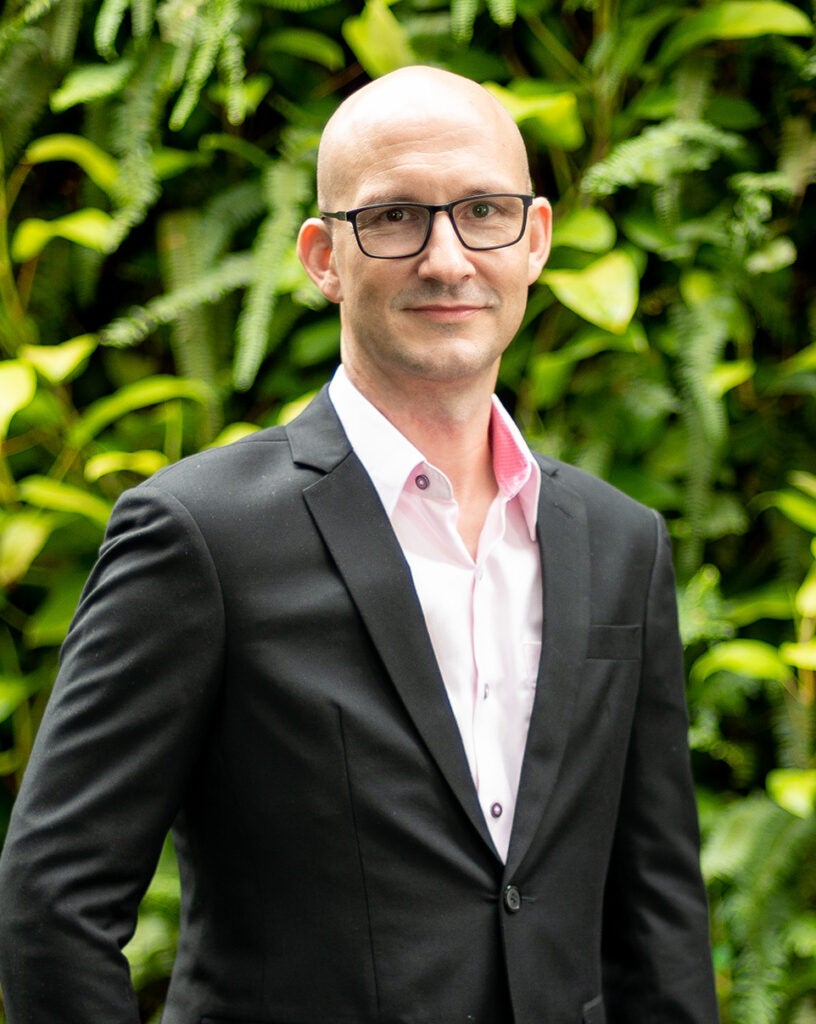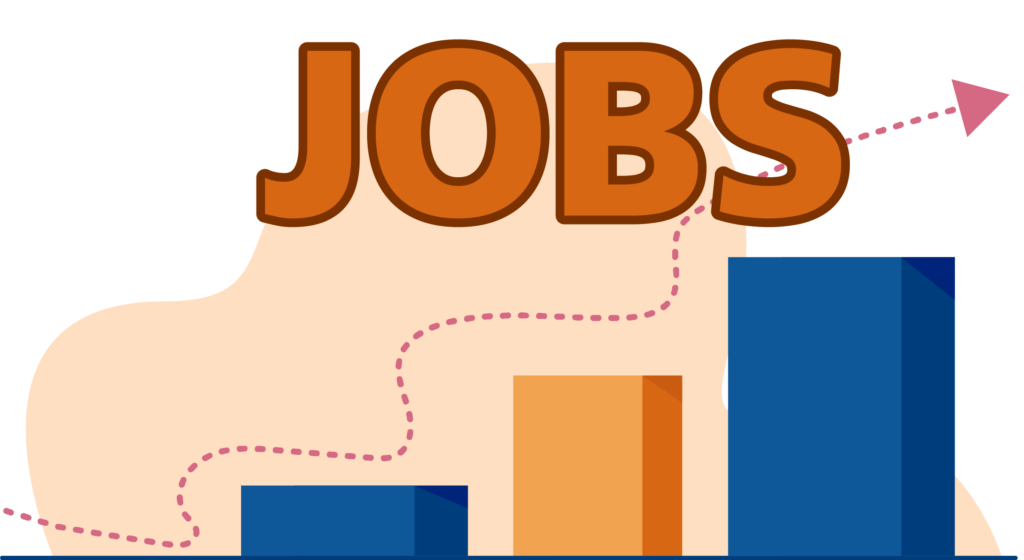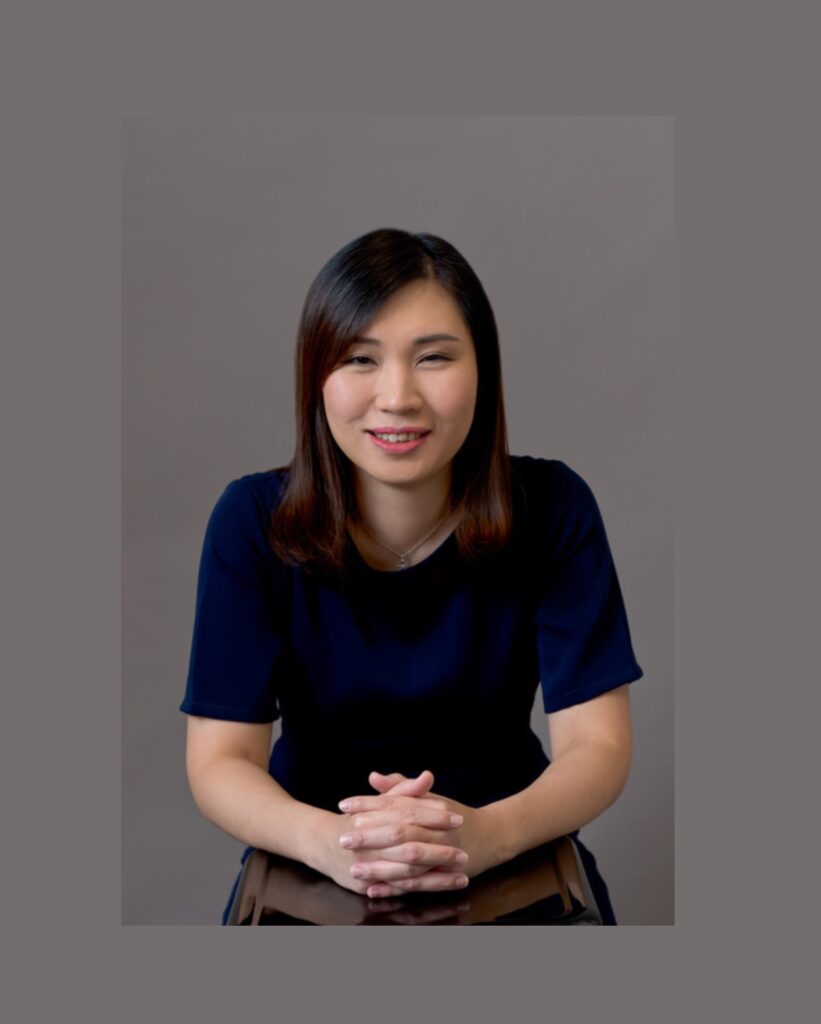Department
Statistics and Data Science
Statistics and Data Science


Prof Adrian ROELLIN
Head of Department
"The way businesses and government agencies make decisions is undergoing deep changes. At the heart of these changes lies data. We train statisticians and data scientists and equip them with the knowledge to make data-centric decision processes efficient and reliable."
Shaping Future Talent
The Department of Statistics and Data Science saw a steep increase in student numbers for our Data Science and Analytics Major under the College of Humanities and Sciences (CHS). More than 370 students in the inaugural CHS cohort declared data science as their major, almost double the student enrolment from the previous year.
In addition, we have hundreds of students from other majors who are interested in data science and statistics as second majors and minors.
Recognising teaching excellence
Dr Vikneswaran S/O GOPAL received the NUS Annual Teaching Excellence Award (2022). He tries to convey the usefulness and practicality of statistics and computing during classes and create an environment where students can learn with joy.

In the past year, we also welcomed our first intake of close to 50 undergraduate students into the new Data Science and Economics Cross-Disciplinary Programme. The speciality of this programme is that students are trained to integrate knowledge from the two disciplines. They also experience what it means to apply data science methods to analyse and build predictive models using real-world data from various sectors to understand economic growth, Housing and Development Board (HDB) prices and trends in the finance industry.

The yearly Graduate Employment Survey shows that our students find jobs quickly and enjoy high starting salaries, reflecting the quality of our students, the repute of our programme and the strong demand for data scientists in the market.
In our first year of offering Continuing Education and Training short courses under SkillsFuture Singapore, we upskilled over 2,000 learners, comprising members of the public as well as employees of around 20 organisations across different industries including finance, healthcare and logistics. Our most popular short courses – ‘Data Analytics Begins With Me’ and ‘Data Visualization Begins With Me’ – introduce learners to the world of data science and train them in basic analytics and visualistion tools.
We launched other follow-up courses, following the success of these entry-level courses. For example, in our new course ‘Data Analytics Continues With Me’, participants learn about machine learning models, principal component analysis and textual analysis, so as to better understand industry trends and translate data into actionable business insights.
Shaping Future Solutions
Our department is one of the most highly regarded in the world for statistics and data science research and education, and our students and faculty have continued their strong record of achievement this year.

Data analysis under memory constraints
For nonparametric regression in situations where high volumes of data constantly flow from a client to a server, data has to be processed instantaneously and purged once processed due to limited computer memory and storage. Asst Prof LIN Zhenhua addresses this challenge by developing an efficient algorithm to analyse streams of Big Data as well as a novel framework to study the interplay between memory consumption and statistical efficiency. His studies show that the proposed algorithm achieves the best learning results under memory constraints. This work is pending publication in the Journal of the American Statistical Association.

Reconciling design- and model-based causal inferences
The split-plot design is an increasingly popular experimental setup used in research and industry in cases where multiple interventions are administered simultaneously but where it is not feasible or cost-effective to fully randomise the interventions among experimental units. The existing theory is mostly based on parametrised models, with stringent assumptions on the observed data. In practice, these assumptions are typically hard to verify, possibly invalidating the statistical analysis. In contrast, design-based inference is solely based on the randomness stemming from the fully known treatment assignment mechanism. Asst Prof ZHAO Anqi and her collaborators developed a design-based theory for causal inference from split-plot designs and reconciled it with existing results under the model-based framework. This provides the theoretical foundations for a more robust inference and provides extra protection against model misspecification. This work was published in the Annals of Statistics (April 2021).
Shaping Future Society
Two of our alumnae were named in the list of Singapore 100 Women in Tech (2021), awarded by the Singapore Computer Society, in recognition of their contributions to technology in Singapore. They are Dr Geraldine WONG, Chief Data Officer at GXS and Dr ZHAO Jingyuan, Group Chief Data Officer at Great Eastern. Both of them hold concurrent appointments as Adjunct Associate Professors at the department.


Our students also actively contribute to various causes.